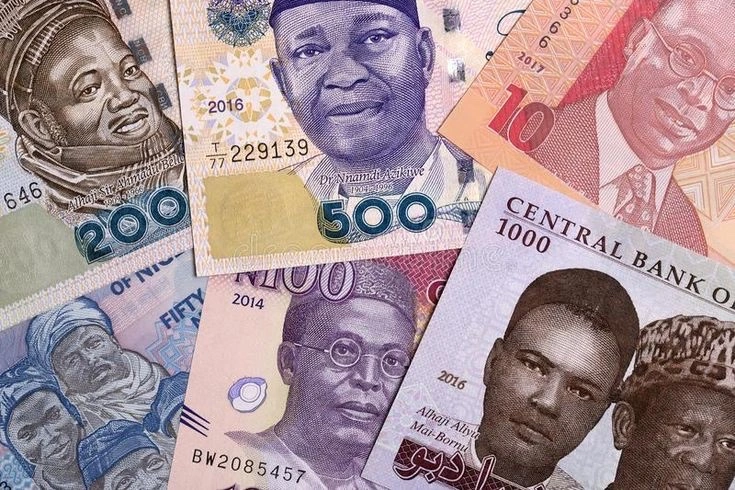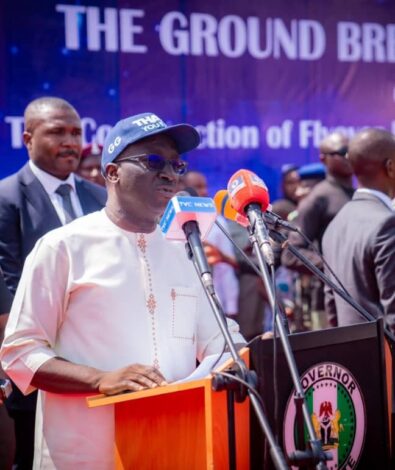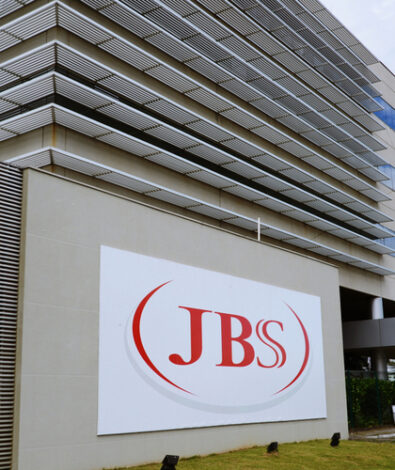Businesses expect Naira to keep depreciating before appreciating in May 2025, says CBN Survey

Nigerian businesses are preparing for continued naira depreciation over the next several months but hold cautious optimism for a potential rebound by May 2025, according to the latest Business Expectations Survey (BES) from the Central Bank of Nigeria (CBN).
This sentiment highlights both immediate economic pressures and longer-term hopes for currency stabilization.
In recent months, Nigerians have grappled with sharp price increases across various goods and services, a trend that business owners say has been driven by factors highlighted in the CBN survey.
Many companies informed Nairametrics that price adjustments were inevitable due to the surge in fuel prices and ongoing depreciation of the naira.
Additionally, importers noted that price increases reflect not only current costs but also an anticipation of further exchange rate depreciation, which means that future imports could become even more expensive.
What the survey is saying
The BES indicates that businesses expect the naira to depreciate through October, November, and into early 2025 due to persistent dollar scarcity, high inflation, and Nigeria’s import dependence.
“Expectations on Exchange Rate (National) Respondent firms expect the naira to depreciate in the current month, next month and next 3 months. However, they expect an appreciation in the next 6 months”. BES report
- Firms, particularly those reliant on dollar-denominated imports, reported concerns over foreign exchange costs, which continue to pressure operational expenses and cut into profit margins. T
- This challenge is particularly acute for manufacturers and import-reliant sectors, who foresee rising expenses for raw materials and other inputs, potentially pushing up consumer prices as they adjust to the difficult currency landscape.
However, businesses in the BES survey also showed optimism for a brighter exchange rate outlook by mid-2025, with some anticipating a potential naira appreciation around May.
What you should know
Nairametrics Analysts suggest this expectation may be linked to hopes for stronger economic reforms, increased oil revenues, foreign investment, and stabilizing policies from the CBN.
- Ongoing CBN measures, such as easing foreign exchange access for priority sectors and encouraging non-oil exports, are seen as potential stabilizers for the naira in the mid to long term.
- In the meantime, businesses are bracing for rising operational costs, particularly in import-dependent sectors, with many passing these cost increases onto consumers.
- For Nigerian consumers, already challenged by high living costs, this scenario could further erode purchasing power and sustain inflationary pressures.
The exchange rate has depreciated by 45% year to date in November as demand pressures continue to impact rates.
This is despite the external reserves climbing above $40 billion amid several apex bank reforms.



